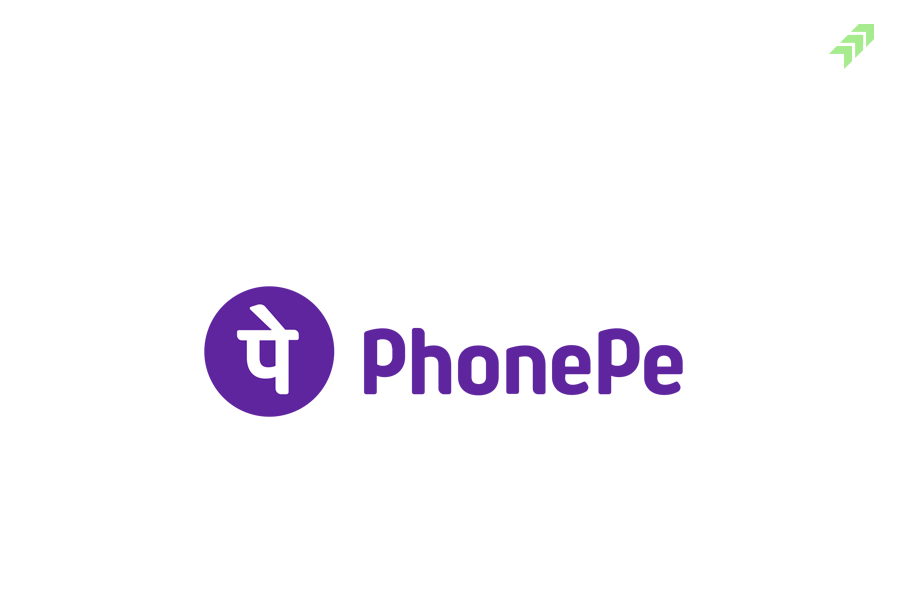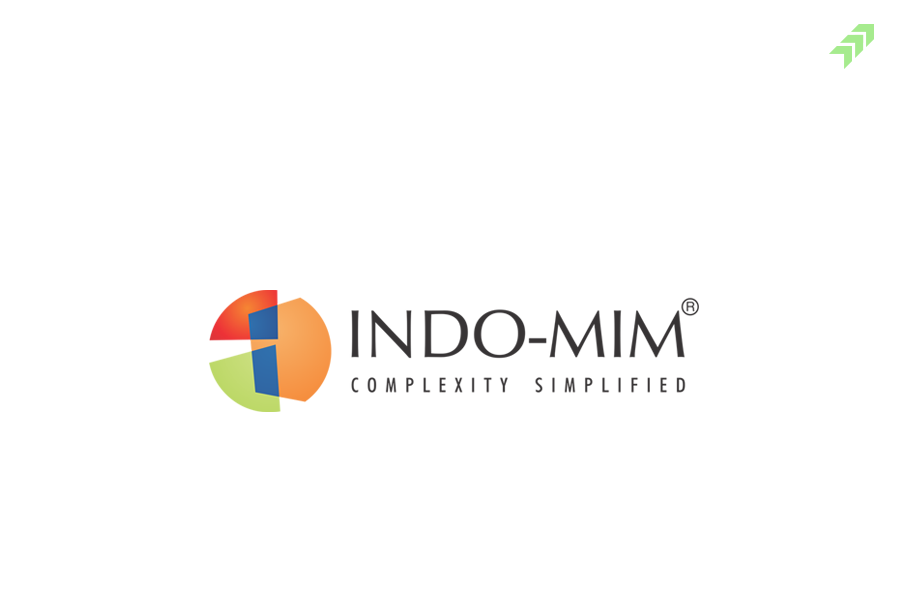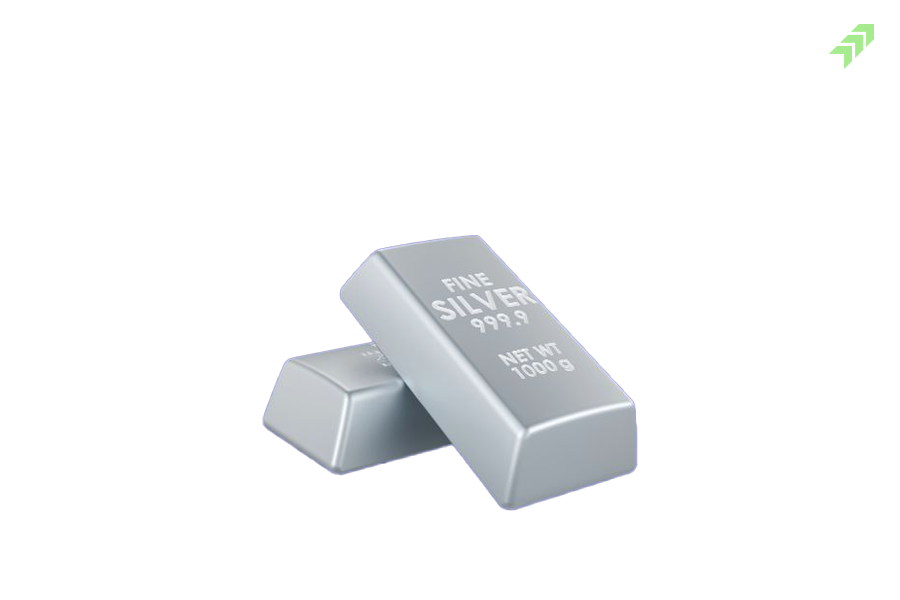WHEN and WHY a TRADING and a DEMAT ACCOUNT is needed
Assume you have some extra money to invest but haven’t been able to find any acceptable investment possibilities with traditional banking products that generate better returns. One of your buddies informed you about the performance of stock market indices. That piqued your interest, so you dug a little deeper. You discovered that in order to trade in the stock market, you must have a trading account as well as a Demat account.
The story of Trading and Demat account
Prior to 1991, brokers and traders were essential to the proper operation of the stock market. Traders used to yell orders to buy and sell securities on the trading floors. All securities transactions were conducted in tangible form, with share certificates, a piece of paper, serving as evidence. Those paper share certificate risks resulted in scams, delayed securities deliveries, huge paperwork to prepare, share certificate loss, and unsuccessful transactions. Following the liberalisation of the Indian economy, the Indian government took the first step toward share dematerialization.. That is, the physical shares would be turned into digital assets, so resolving the majority of the issues raised above. In 1996, the Depositories Act was passed by India’s Parliament. The National Security Depository Limited (NSDL) was the first depository to play a significant role in developing and maintaining infrastructure to enable the process of converting securities into Demat form more streamlined and simple. Central Depository Services Limited (CDSL) was founded several years later, in 1999.
Objectives of trading account
A trading account is a platform given by brokers to facilitate trades in stocks, mutual funds, debt securities, and other financial instruments. Trading accounts serve as a bookkeeper, providing a current and historical record of your investment details in the form of an organized and synchronized format for all securities in your portfolio. A trading account cuts your investment fees dramatically, improves accuracy, and offers a variety of additional benefits. Brokers give a variety of instruments for conducting research and analysis on securities due to their enormous amount of data and approaches. Your trading account can be used to calculate the stock turnover ratio which tells the success or failure. A trading account allows a broker or investment dealer to monitor losses / deficits in margins and give a warning sign to investor before the event occur. Thanks to the broad array of data available to you, you may undertake thorough planning and study to improve the results of your trading account investments.
Basics of trading account
A trading account is similar to an online market place where you deposit funds in advance and submit an order for securities you wish to buy or sell. You can open a trading account with a registered Stock Broker of a recognized stock exchange (NSE, BSE, or MCX-SX) in India. You can have many trading accounts, but only one trading account with a single broker.
Day trader
Long term investing
Saving through Mutual funds, SIP
There two types of trading accounts are.
- Equity trading account
Equity trading account is a standard trading account used for buying and selling stocks, bonds, ETF’s Mutual funds and investing in readymade portfolios service.
- Commodity trading account
If you wish to trade in commodities then you need to open a commodity trading account with a registered broker associated with a recognized exchange like MCX. Through your commodity trading account you can take positions in various commodities like metals, oil etc.
How to open a trading account
To begin investing in the stock market, you must first open a trading and a Demat account. After you’ve thoroughly researched all of the brokers, weighing their advantages and disadvantages, the quality of services they provide, the brokerage fees they charge, and the interest they offer / demand on your margin. You must then finalize the selection of a broker.
- Contact the chosen brokerage firm and have all of the necessary documentation ready.
- The broker would either send a representative to your home or office with the Demat account opening form and the Know Your Client (KYC) form, or you could open the trading account online. To continue the process online, you must fill out the necessary papers or submit those forms and provide the necessary papers proof of identification, proof of address, and evidence of bank account to the agent.
- The team will verify your forms in the backend. After you have completed all of the requirements, you will be given access to your trading account.
- Now you are free to trade.
Documents required for opening a trading account
After you’ve decided to partner with a broker, you’ll be required to fill out a simple KYC form, or a representative will come to your location to assist you. The necessary documentation is listed below.
Proof of Identity (POI)
- Pan Card
- Aadhar
- Passport
- Voter id
- Driver’s license
- (Any ID card issued by state or Central Government)
Proof of Address (POA)
- Ration card
- Aadhar
- Bank account statement
- Passport
- Voter id
- Driver’s license Utility bill like Electricity or Water bill
Proof of Income (For trading in derivatives such as F&O)
- Copy of income tax returm
- Bank account statement
- Salary slip or copy of Form 16
Proof of Bank Account Cancelled cheque Bank statement
- 1 to 3 passport size photographs



















No comment yet, add your voice below!